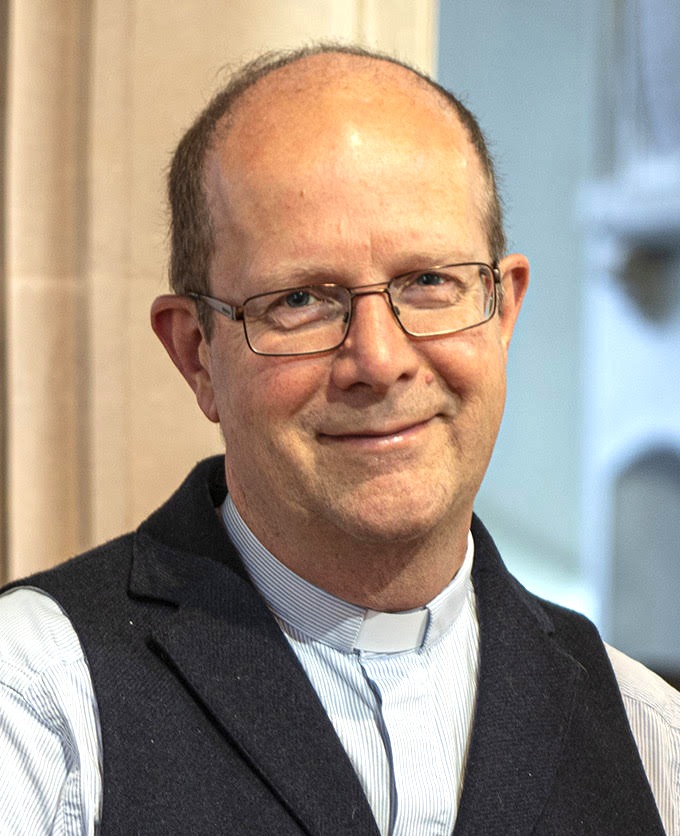Rector's Letter - Rev’d Jeremy Trew - August-September 2025
 “Tradition” is a funny word. For some it is associated with quality, skill and care; an echo of the “good old days”. For others it is what we did last time and we liked it. Claiming to be “traditional” is often like claiming the moral high ground in an argument – it must be right because it is our tradition.
“Tradition” is a funny word. For some it is associated with quality, skill and care; an echo of the “good old days”. For others it is what we did last time and we liked it. Claiming to be “traditional” is often like claiming the moral high ground in an argument – it must be right because it is our tradition.
We all have our traditions. When I lived in Nottingham my postman was an avid “Forest” supporter, worshipping from the terraces every Saturday afternoon. He wore the same pair of socks to every match. He always put them on in the same order, and he always turned completely around before leaving the house and sitting on the doorstep to put his shoes on. You see, if he did this his team won! It was his tradition – and a fairly ineffectual one at that.
Likewise, at various times in my early days in this parish I asked people about how certain events had been run in the past. I received back a number of versions of our parochial tradition. Unfortunately it was impossible for all of them to be true given the number of contradictions between them, yet they each made the claim to the infallibility of tradition.
The Church of England is often described as being traditional. I’m not too sure what that means. Our services today follow a format used by Christians for nearly 1900 years. A temporary departure from this tradition in the Church of England was in the form of the Book of Common Prayer – the book preferred by “traditionalists” today. The “traditional” hymns we sing were once lambasted as profane ditties sung to common dance tunes – no change there then.
A tradition is of no value simply because it is a tradition, however quaint and charming it may be. Tradition only has value when it roots us into something which has been tried and tested, like the roots of a tree tapping into bedrock. It can then give us security through the storms and tribulations of life. We need tradition because we need security. In a more and more rapidly changing world the need for tradition grows. This need is reflected in nostalgia. A society that is secure and confident in itself is never particularly nostalgic.
Here is a challenge to Christians. We are called to hold onto our traditions, the system of faith passed down to us. Yet above this we are called to be a pilgrim people; our faith should be “on the move”. It’s not easy to go on pilgrimage carrying a heavy load. So maybe we should not be surprised that many who want to explore faith and spirituality have abandoned the baggage associated with traditional religion. Yet this often means discarding much that is rich and well tested. The answer is, I think, to evaluate the traditions we hold dear and be honest: Which do we hold on to because they are essential to a vibrant faith, and which are merely things we like, for there is nothing wrong with simply liking something for itself? Then we have to recognise there may come a point when we need to discard the latter as it has become a burden encumbering our further progress. Then we can go on, knowing that our pack now contains only those traditions essential to our faith, tried and tested by the saints who have travelled this way before.
Best Wishes
Jeremy